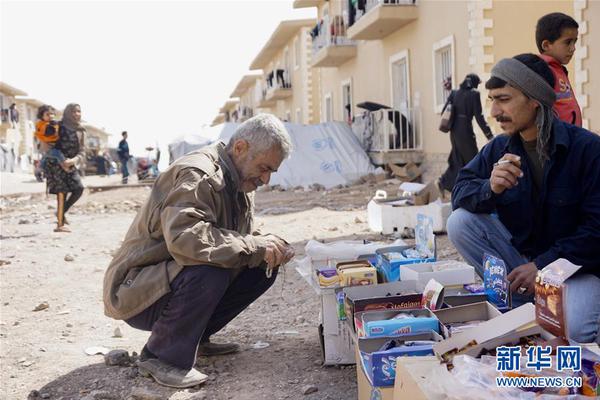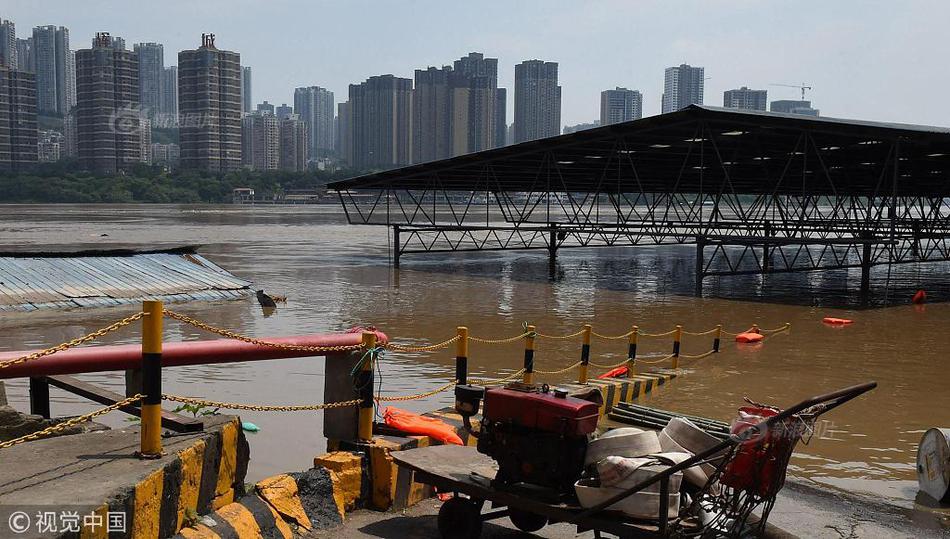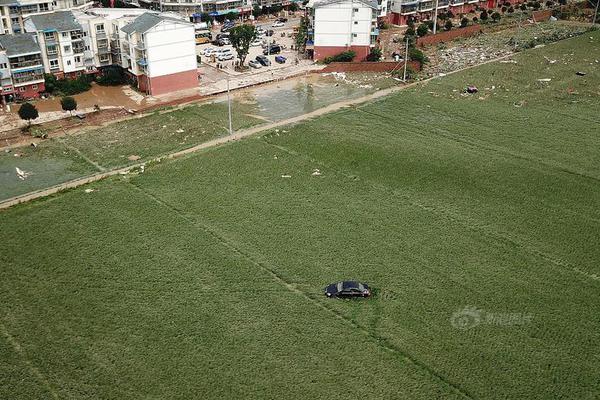Sadly,Jia’s Ecstatic Sex (2023) Uncut only six months after the Rio Games ended, it looks like several of the city’s major Olympic venues are already falling apart.
Since the Paralympics closing ceremony on Sept. 18, the key games precinct has been shut down, the Maracanã Stadium has been looted, and the Olympic golf course is struggling to stay afloat. It's an unfortunate situation we've seen happen after Olympics in other cities, too.
SEE ALSO: Tokyo will make its 2020 Olympic medals from recycled smartphonesMaracanã Stadium, the the Rio Games' largest and most recognizable arena, is now deteriorating at an alarming rate.
Windows inside the stadium have been smashed, copper wire stolen from walls and ceilings, and 10 percent of the 78,000 seats have reportedly been torn up. Even more obviously, the vibrant green playing surface that once held the world's finest athletes is now almost completely bare.
 RIO DE JANEIRO, BRAZIL - NOVEMBER 27: Diego of Flamengo celebrates a scored goal against Santos during a match between Flamengo and Santos as part of Brasileirao Series A 2016 at Maracana stadium on November 27, 2016 in Rio de Janeiro, Brazil. (Photo by Buda Mendes/Getty Images) Credit: Buda Mendes/Getty Images
RIO DE JANEIRO, BRAZIL - NOVEMBER 27: Diego of Flamengo celebrates a scored goal against Santos during a match between Flamengo and Santos as part of Brasileirao Series A 2016 at Maracana stadium on November 27, 2016 in Rio de Janeiro, Brazil. (Photo by Buda Mendes/Getty Images) Credit: Buda Mendes/Getty Images  View of the world-famous Maracana Stadium in Rio de Janeiro on January 18, 2017. After playing a key role in the 2014 World Cup and 2016 Olympic Games, hosted by Brazil, the iconic Maracana Stadium has fallen into a state of abandon due to a contract dispute, and is closed to tourists. / AFP / VANDERLEI ALMEIDA (Photo credit should read VANDERLEI ALMEIDA/AFP/Getty Images) Credit: AFP/Getty Images
View of the world-famous Maracana Stadium in Rio de Janeiro on January 18, 2017. After playing a key role in the 2014 World Cup and 2016 Olympic Games, hosted by Brazil, the iconic Maracana Stadium has fallen into a state of abandon due to a contract dispute, and is closed to tourists. / AFP / VANDERLEI ALMEIDA (Photo credit should read VANDERLEI ALMEIDA/AFP/Getty Images) Credit: AFP/Getty Images It was even reported Rio's electric company cut off power to the stadium in late January in response to unpaid bills in the ballpark of $940,000.
The venue, which aside from the 2016 Games has been used by four major Rio club teams andhosted the final match of the 1950 World Cup, has now been completely empty since the conclusion of the Olympics.
 Copyright 2017 The Associated Press. All rights reserved. This material may not be published, broadcast, rewritten or redistributed without permission.
Mandatory Credit: Photo by AP/REX/Shutterstock (8327086g)
This photo shows the inside of Maracana stadium in Rio de Janeiro, Brazil. The stadium was renovated for the 2014 World Cup at a cost of about $500 million, and largely abandoned after the Olympics and Paralympics, then hit by vandals who ripped out thousands of seats and stole televisions
Rio The Aftermath, Rio de Janeiro, Brazil - 02 Feb 2017
Credit: AP/REX/Shutterstock
Copyright 2017 The Associated Press. All rights reserved. This material may not be published, broadcast, rewritten or redistributed without permission.
Mandatory Credit: Photo by AP/REX/Shutterstock (8327086g)
This photo shows the inside of Maracana stadium in Rio de Janeiro, Brazil. The stadium was renovated for the 2014 World Cup at a cost of about $500 million, and largely abandoned after the Olympics and Paralympics, then hit by vandals who ripped out thousands of seats and stole televisions
Rio The Aftermath, Rio de Janeiro, Brazil - 02 Feb 2017
Credit: AP/REX/Shutterstock The city's $20-million golf course also doesn't look so great. The Guardianreported that course superintendent Neil Cleverly said his company Progolf hasn't been paid by the Brazilian Golf Confederation for two months.
Four other venues at Olympic Park also haven't attracted new operators since the end of the games. Two arenas -- the velodrome and tennis centre -- have been effectively closed down, as they're off-limits to the community and visitors.
 RIO DE JANEIRO, BRAZIL - AUGUST 20: Inbee Park of Korea plays her shot from the 16th tee during the Women's Golf Final on Day 15 of the Rio 2016 Olympic Games at the Olympic Golf Course on August 20, 2016 in Rio de Janeiro, Brazil. (Photo by Scott Halleran/Getty Images) Credit: Getty Images
RIO DE JANEIRO, BRAZIL - AUGUST 20: Inbee Park of Korea plays her shot from the 16th tee during the Women's Golf Final on Day 15 of the Rio 2016 Olympic Games at the Olympic Golf Course on August 20, 2016 in Rio de Janeiro, Brazil. (Photo by Scott Halleran/Getty Images) Credit: Getty Images  Abandoned prefabricated houses remain next to the Olympic golf course, created and used for the Rio 2016 Olympic Games and now run by the Brazilian Golf Confederation for the public, in Rio de Janeiro, Brazil, on November 23, 2016. / AFP / YASUYOSHI CHIBA (Photo credit should read YASUYOSHI CHIBA/AFP/Getty Images) Credit: AFP/Getty Images
Abandoned prefabricated houses remain next to the Olympic golf course, created and used for the Rio 2016 Olympic Games and now run by the Brazilian Golf Confederation for the public, in Rio de Janeiro, Brazil, on November 23, 2016. / AFP / YASUYOSHI CHIBA (Photo credit should read YASUYOSHI CHIBA/AFP/Getty Images) Credit: AFP/Getty Images While the Olympic athletes’ 800,000-square-meter village remains open, few locals actually want to buy into it. Planned to be public housing after the Olympics, Rio residents find the village to be too expensive, and it now sits relatively empty.
An Amnesty study said Rio’s Olympics left “a shady legacy of a city entrenched with marginalisation and discrimination ... and a record of human rights violations where violence remains part of the game."
 Copyright 2017 The Associated Press. All rights reserved. This material may not be published, broadcast, rewritten or redistributed without permission.
Mandatory Credit: Photo by AP/REX/Shutterstock (8327086f)
A woman walks past Olympic rings covered with a canvas at Maracana stadium in Rio de Janeiro, Brazil. The stadium was renovated for the 2014 World Cup at a cost of about $500 million, and largely abandoned after the Olympics and Paralympics, then hit by vandals who ripped out thousands of seats and stole televisions
Rio The Aftermath, Rio de Janeiro, Brazil - 02 Feb 2017
Credit: AP/REX/Shutterstock
Copyright 2017 The Associated Press. All rights reserved. This material may not be published, broadcast, rewritten or redistributed without permission.
Mandatory Credit: Photo by AP/REX/Shutterstock (8327086f)
A woman walks past Olympic rings covered with a canvas at Maracana stadium in Rio de Janeiro, Brazil. The stadium was renovated for the 2014 World Cup at a cost of about $500 million, and largely abandoned after the Olympics and Paralympics, then hit by vandals who ripped out thousands of seats and stole televisions
Rio The Aftermath, Rio de Janeiro, Brazil - 02 Feb 2017
Credit: AP/REX/Shutterstock While the affluent citizens have benefitted from the games with improved public transportation, Rio's poor suffered, with almost 80,000 residents being forced out of their homes to make room for the games.
(H/T The Guardian)
(Editor: {typename type="name"/})
 Amazon Prime Grubhub deal: Save $10 off orders of $20 or more
Amazon Prime Grubhub deal: Save $10 off orders of $20 or more
 Tesla reveals the Model Y, its new mid
Tesla reveals the Model Y, its new mid
 Hillary Clinton responded to viral Death Row Records meme
Hillary Clinton responded to viral Death Row Records meme
 Photos of magical night buses could be proof of a parallel wizarding universe
Photos of magical night buses could be proof of a parallel wizarding universe
The State of PC Gaming in 2016
Chill out with these 10 mesmerizing GIFs
 March Mindfulness is our new series that examines the explosive growth in mindfulness and meditation
...[Details]
March Mindfulness is our new series that examines the explosive growth in mindfulness and meditation
...[Details]
Why I love, love, love 'Captain Marvel' and everything it stands for
 Warning: Mild spoilers for Captain Marvel lie ahead.Slap a 100% Certified Fresh sticker on my forehe
...[Details]
Warning: Mild spoilers for Captain Marvel lie ahead.Slap a 100% Certified Fresh sticker on my forehe
...[Details]
Goat mayor celebrates first day in power by taking a dump on the floor
 First impressions matter, especially when you're a newly elected animal official.Lincoln the goat un
...[Details]
First impressions matter, especially when you're a newly elected animal official.Lincoln the goat un
...[Details]
The State of PC Gaming in 2016
Police urge people to stop sharing that Christchurch shooter video online
 In a clear act of terror, multiple people have died after gunmen opened fire at mosques in Christchu
...[Details]
In a clear act of terror, multiple people have died after gunmen opened fire at mosques in Christchu
...[Details]
Go from human to superhuman with these DIY Halloween costumes
 Halloween is fast approaching, which means one thing: you're going to need a super costume.If you're
...[Details]
Halloween is fast approaching, which means one thing: you're going to need a super costume.If you're
...[Details]
Teen eggs Australian official after racist reaction to Christchurch
 UPDATE: March 18, 2019, 8:31 a.m. EDT Updated with information on the GoFundMe to raise money for th
...[Details]
UPDATE: March 18, 2019, 8:31 a.m. EDT Updated with information on the GoFundMe to raise money for th
...[Details]
New MIT report reveals energy costs of AI tools like ChatGPT
 You've probably heard that statistic that every search on ChatGPT uses the equivalent of a bottle of
...[Details]
You've probably heard that statistic that every search on ChatGPT uses the equivalent of a bottle of
...[Details]
Slow TV finds life online with Facebook Live and Periscope
 In a world where snappy short-form video is seemingly the way to go when it comes to keeping eyeball
...[Details]
In a world where snappy short-form video is seemingly the way to go when it comes to keeping eyeball
...[Details]
接受PR>=1、BR>=1,流量相当,内容相关类链接。